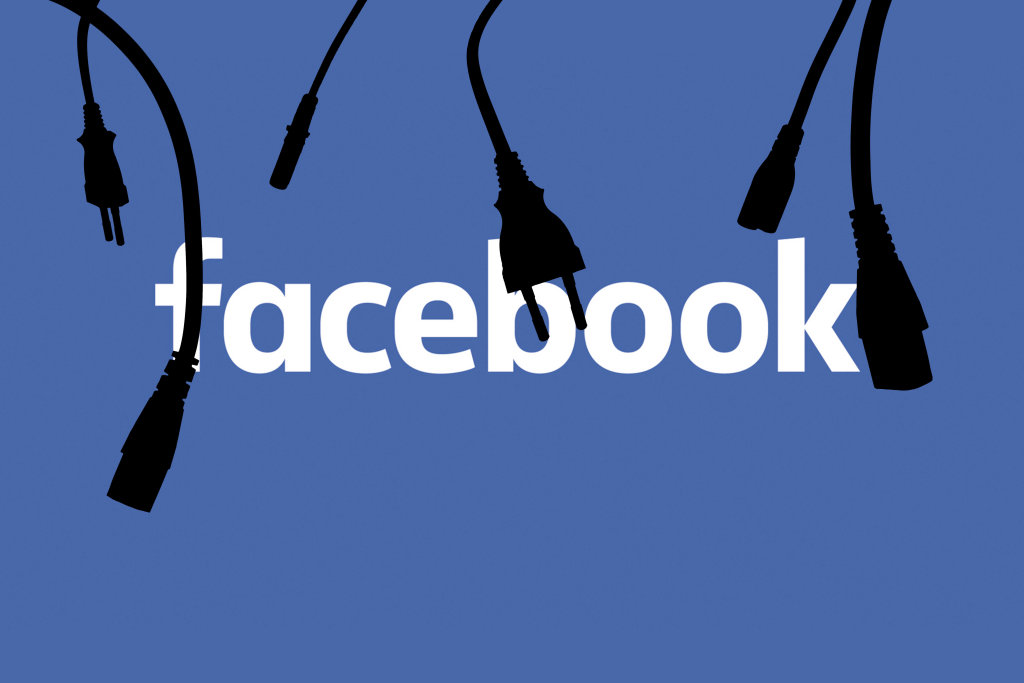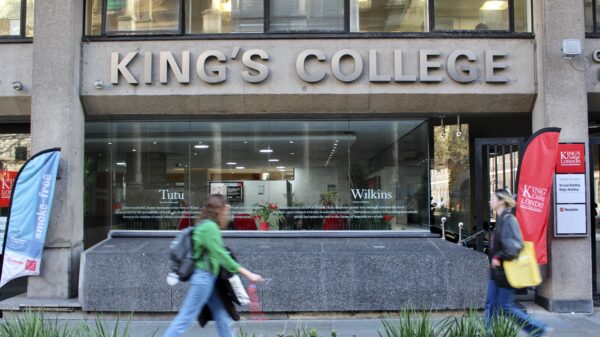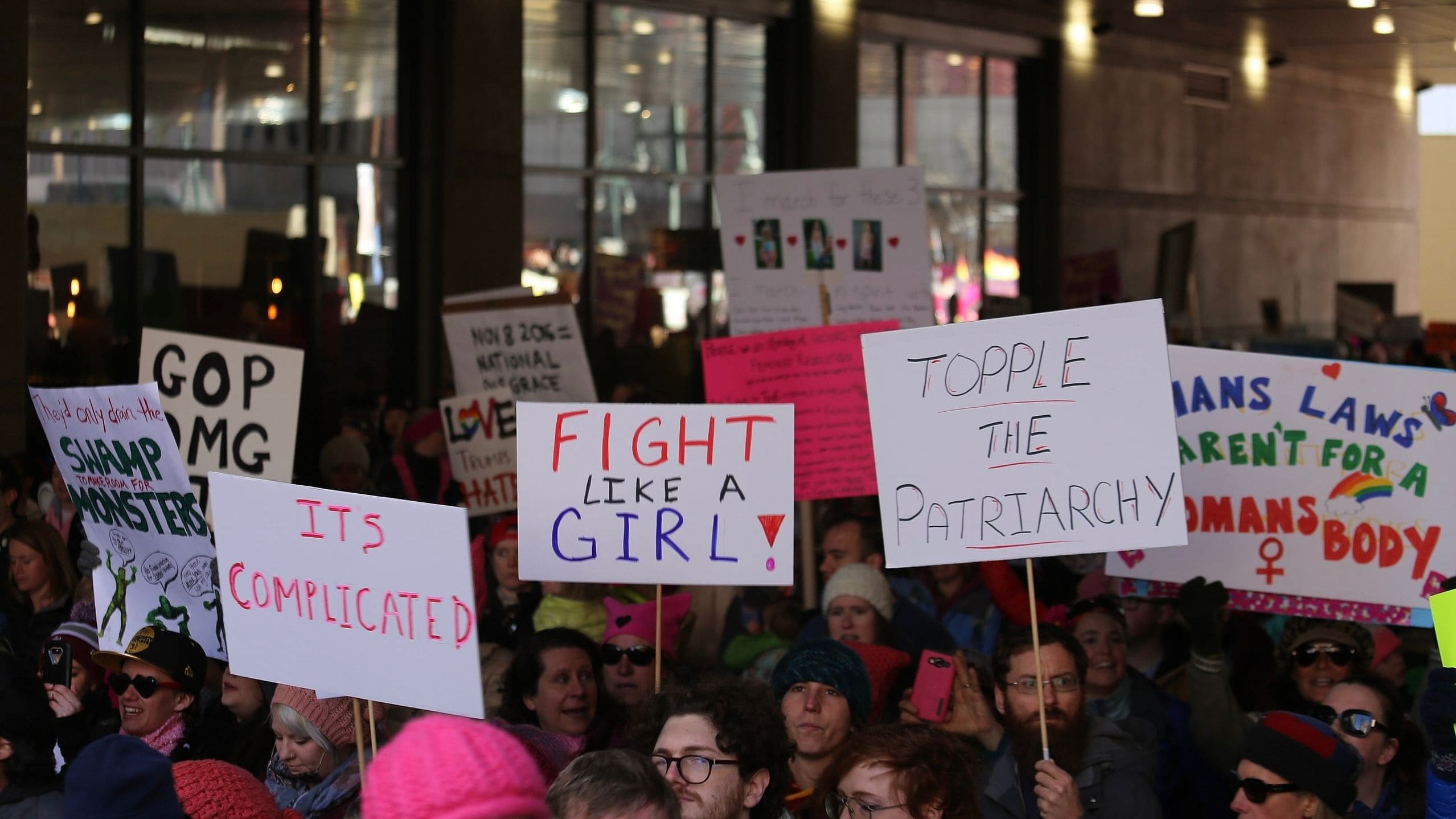Roar writer Scarlett Yu on how the worst outage in Facebook’s history has put the company’s financial practices, secrecy and mental health impacts under unprecedented scrutiny
Two weeks ago, I was in a daze as my entire means of communicating was upended. Facebook, and its subsidiaries Instagram and WhatsApp, crashed in a sudden outage, sparking chaos and confusion across the globe. The world was thrust back over fifteen years to a society devoid of social media; even if it merely lasted for a couple of hours, the collective response exhibited that day was immensely heated.
Social media giants have become dominant in our lives. From daily interpersonal communication to online access of information to creative expression, social media is occupying every aspect of our lives. Thus, when the outage hit, what people saw were a myriad of error messages and connection failures amounting to the disappearance of online life.
When I think of my experience of the mass outage on that day, it was streaming with confusion and doubt. I could recall that moment of disbelief as my friend repetitively tried posting stories on Instagram after we took a short photoshoot at her house. Yet, as my friend’s continuous attempt to access Instagram failed, the excitement of posting died down. The frustration was visible in her eyes.
At first, I was oblivious about the outage and regarded this issue as a mere connection issue. Then, the avalanche of news regarding Facebook’s humiliating shutdown swarmed the headlines. My initial reaction to the issue was filled with distrust and ridicule because I never thought it was possible for the major social medial platforms, which have become an indispensable part of our lives, to so suddenly come crumbling down. As I look back at that strange experience, I couldn’t help but contemplate the complex role social media stands in not just people’s lives but the wider operations of the world. When did I let myself become so dependent on the brainchild of a Harvard University drop out, I asked.
As Facebook strengthens its social media empire with the integration of more advanced softwares and intricate algorithms over the years, Mark Zuckerberg’s aspiration remains unchanged: to create an interconnected community of connections and ideas where people could easily network. However, if one has followed Facebook news in the last decade, they’d know about the serious consequences of Zuckerberg’s information highway. What seemed suspicious about the timing of the outage was that it occurred less than 24 hours after a Facebook whistleblower made a public appearance.
Frances Haugen, a former employee at Facebook, was critical of the company’s goal of consolidating its power over the social media world. She also exposed an inner circle of high level employees that was unaccountable, leading to a “lack of openness about its platforms’ potential harm and unwillingness to address its flaws”. In particular, Haugen panned a culture that favored an elite group and allowed inflammatory, factually-incorrect information to find a safe haven.
Haugen believed that the public should have a sense of awareness of her discoveries so she provided a series of documents, now dubbed the “Facebook files”, to the Wall Street Journal in order to expose the truth. The leak was described by American lawmakers as a “bombshell”, but Haugen felt that it was worthy to make this disclosure to keep the social network she loved from diverting towards the wrong path. On May 17, the month of her resignation, Haugen left a final message on the Facebook workplace: “I don’t hate Facebook”  she wrote, “I love Facebook. I want to save it”.
What was most shocking about the documents was the service’s impact on teenagers’ mental health. Last year, Facebook’s researchers started to conduct investigations exploring the negative effects that it’s subsidiary, Instagram, has had on teenage girls mental health and self-confidence. According to WSJ reporting, the research found that Instagram exacerbated already serious issues teenage girls have with anxiety, body positivity and depression. Facebook has disputed the WSJ’s characterisation of the report.
From analysis of the Haugen documents, it was found that 32 percent of girls expressed dismay with their bodies, and Instagram made their feelings worse. The common access to its photo-sharing device and catchy feeds, which present a drastic whirlpool of perfect body images from fitness and beauty influencers, was stressed to generate increased rates of anxiety and depression among teenage girls. What was most significant was that Facebook executives privately knew of the negative effects despite repeatedly denying it in public.
What the researchers discovered as the precise cause of such a sickening phenomenon was actually an algorithm Instagram placed in its engine. With precise calculations and data analysis automatically generated in full force through these algorithms, Instagram filled the screens with identical yet attractive content, which matched the teens’ search results. What this does is create a culture obsessed with the perfect body image and gaining popularity among peers. The repercussions of this phenomenon are gargantuan and, without urgent action, possibly irreversible.
According to online surveys conducted over the pass three years, 51 percent of British girls felt an impulsive urge to create the perfect image on Instagram. The effects took an exacerbated turn when the surveys found out suicidal attempts preoccupied the minds of 13 percent of British girls. Apart from the pressure to sustain the perfect image, the use of Instagram also contributes to the weakening of self-worth and trust issues due to toxic friendships. In addition, the psychological effects of Instagram are shown to aggravate over time even with an individual’s intent to spend less time on social media. Researchers underscored the sense of dead-end that teenage girls are facing, noted: “They often feel addicted and know that what they’re seeing is bad for their mental health but feel unable to stop themselves”.
Overall, the troubling findings, which the Facebook researchers called as a “teen mental health deep dive”, showcased how popular platforms such as Instagram could have catastrophic impact on teens’ lives. The evidence is irrefutable but the company has not shown any motivation to improve the situation. As the Wall Street Journal review said, “Facebook has made minimal efforts to address these issues and plays them down in public”.
I am attempting to balance the benefit Facebook has to networking, maintaining friendships and interacting while acknowledging the fact that it’s been detrimental for too many people. Politicians seem eager to fight back against growing social media companies even if their motivations to do so are conflicting. Until government action comes, Facebook’s outage earlier this month will serve as a brief insight into how reliant we are on this platforms and what life can be like without them.
















